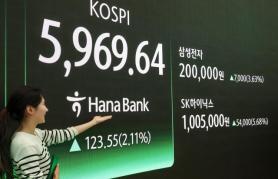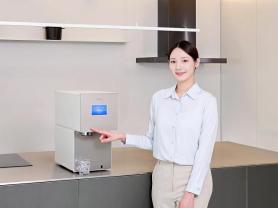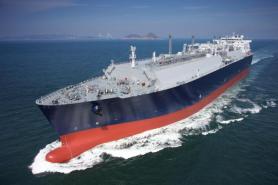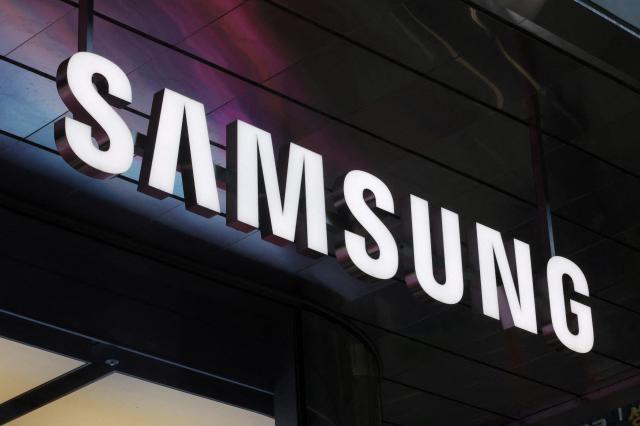
SEOUL, August 17 (AJP) - Just six months ago, Samsung Electronics’ foundry unit was mired in uncertainty. Hemorrhaging nearly 2 trillion won, or about $1.5 billion, in annual losses and struggling to attract clients, the division’s very survival was in doubt.
Now, a pair of blockbuster deals with Tesla and Apple has jolted the business into a new trajectory.
Samsung announced last month that it had secured a $16.5 billion contract with Tesla to produce advanced artificial intelligence chips — its largest single foundry order since the unit was established in 2017. Apple has also tapped Samsung to manufacture image sensors for iPhones, in a contract widely believed to be worth billions.
The agreements underscore not only Samsung’s technical capabilities but also the shifting dynamics of global trade.
Tesla CEO Elon Musk said the real value of his company’s agreement was “several times” the disclosed figure, while Apple’s Tim Cook hailed a partnership that he said would pioneer “innovative chip manufacturing technology” for the first time worldwide.
Analysts say success in delivering on these orders could reposition Samsung Foundry as a growth driver for the company, overtaking its dominant memory business, which has faltered in the high-bandwidth memory market.
Geopolitics played a decisive role. Beginning this month, the Trump administration is imposing sweeping tariffs: 15 percent on Korean imports and a 100 percent levy on semiconductors. Yet the measures exempt companies with U.S.-based production.
Samsung, which already operates a plant in Austin, Texas, and is building another in Taylor, is uniquely positioned to sidestep the tariffs by manufacturing chips domestically — an advantage that likely appealed to Tesla and Apple.
The moves also reflect a broader push to challenge the dominance of Taiwan's TSMC, which controls two-thirds of the global foundry market. By comparison, Samsung holds just 8 percent. Industry analysts say diversifying suppliers allows firms like Tesla and Apple to secure capacity, hedge geopolitical risks and exert pressure on prices.
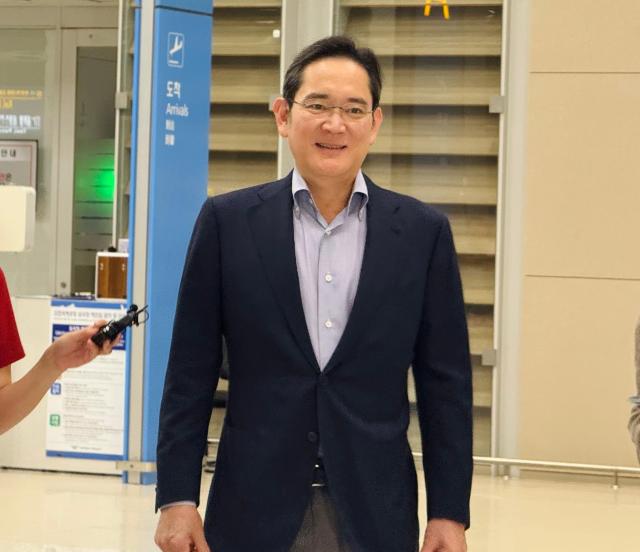
Tesla, in particular, faces urgency. It is racing to produce its next-generation “AI6” chip for autonomous vehicles but has been unable to secure timely supply from TSMC, whose production lines are booked solid.
Apple, meanwhile, is shifting part of its iPhone image sensor business from Sony, which commands more than half the market, to Samsung, the second-largest player with 15 percent.
Both partnerships appear likely to extend beyond chip supply.
Musk called Samsung’s Taylor plant “strategically vital” to Tesla’s future, while Cook highlighted plans to introduce new manufacturing technologies with Samsung.
Some analysts see the collaboration evolving into deeper technological exchange.
“This could move beyond contract manufacturing into a model of true cooperation,” said Im Hyung-kyu, a former Samsung executive. “Tesla could bring AI expertise into Samsung’s foundries, while Samsung’s process technology could accelerate Tesla’s expansion. Together, they may create a new model for U.S.–Korea semiconductor collaboration.”
The deals could also cascade through Samsung’s sprawling empire. Affiliates such as Samsung Display and Samsung SDI are well placed to benefit from closer ties with Tesla, raising the prospect of a broader realignment in the tech supply chain.
Copyright ⓒ Aju Press All rights reserved.


